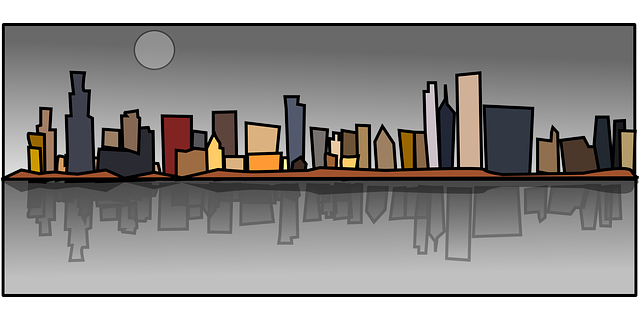Selling a fire-damaged house in Chicago necessitates understanding local property appraisal laws and engaging professional appraisers, contractors, and insurance specialists. Document damage thoroughly, prioritize safety with hazard removal and structural checks, and consult experts in restoration for both repairs and aesthetics. This comprehensive approach ensures accurate valuations, financial well-being, and successful transition from a fire-damaged home in Chicago.
In the aftermath of a fire, selling a home in Chicago can be a complex process. Understanding Illinois’ property appraisal laws and regulations is crucial for homeowners seeking to navigate this challenging situation effectively. This article guides you through the intricacies of appraising fire-damaged houses in Chicago, offering expert tips on how to sell your fire-damaged home successfully. From legal considerations to practical advice, these insights are designed to empower you every step of the way.
- Understanding Illinois Property Appraisal Laws and Regulations for Fire-Damaged Houses in Chicago
- Navigating the Process of Selling a Fire-Damaged Home in Chicago: Tips from Expert Appraisers
Understanding Illinois Property Appraisal Laws and Regulations for Fire-Damaged Houses in Chicago

In Chicago, understanding Illinois property appraisal laws and regulations is crucial for anyone looking to sell a fire-damaged house. The state has specific guidelines that assessors must follow when evaluating properties with such damages. These regulations aim to protect both homeowners and buyers by ensuring accurate and fair valuations. When a home undergoes a fire, the assessment process becomes more complex as it involves considering not just the physical structure but also potential safety hazards, rebuilding costs, and the overall market value of similar properties in the area.
For Chicago residents intending to sell their fire-damaged homes, familiarity with these laws is essential. It’s important to work with a professional appraiser who has experience handling such cases. They will thoroughly inspect the property, account for the damage, and provide an estimate that aligns with current market trends. Additionally, homeowners should be aware of their rights and the resources available to them, including insurance claims and potential grants or assistance programs offered by local or state governments to help with the restoration process, ultimately facilitating the sell fire-damaged house Chicago endeavor.
Navigating the Process of Selling a Fire-Damaged Home in Chicago: Tips from Expert Appraisers

Navigating the process of selling a fire-damaged home in Chicago can be challenging, but expert appraisers offer valuable insights to streamline this transition. The first step is to document the damage meticulously—photos and detailed reports are crucial. These records not only help in assessing repair costs but also support insurance claims, ensuring fair compensation for homeowners.
Appraisers suggest prioritizing safety during the initial stages of preparation. This includes removing hazardous materials and ensuring the structure’s integrity. They emphasize the importance of engaging with reputable contractors who specialize in fire damage restoration, focusing on both structural repairs and aesthetic restoration. By following these expert tips, Chicago homeowners can better understand the process of selling a fire-damaged house, aiming for a successful transition while considering their financial well-being.
When considering to sell a fire-damaged home in Chicago, understanding the local property appraisal laws and regulations is crucial. This article has provided insights into navigating the process, offering valuable tips from expert appraisers. By adhering to these guidelines, homeowners can ensure a smoother transition when selling their fire-damaged properties in Chicago, ultimately achieving a successful sale. Remember, whether you’re an experienced seller or a first-time homeowner, knowledgeable decisions are key to overcoming challenges and reaching your real estate goals.






